
Swiss Summer School 2024
«Chemical Biology»
August 25-29, 2024, Bergün

Swiss Summer School 2024
«Chemical Biology»
25.-29. August 2024, Bergün

Swiss Summer School 2024
«Chemical Biology»
August 25-29, 2024, Bergün

Swiss Summer School 2024
«Chemical Biology»
25.-29. August 2024, Bergün


Prof. Brian Paegel, University of California, Irvine (USA)

Prof. Stefan Arold, King Abdullah University of Science and Technology, KAUST (SA)
Dr. Arold is a full Professor at the Biological and Environmental Sciences and Engineering Division (BESE), and a member of the Senior Management Team of the Computational Bioscience Research Center (CBRC) in the King Abdullah University of Science and Technology (KAUST). He was the Associate Dean of BESE from 2020 to 2023. Before joining KAUST in May 2013, he worked as a post-doctoral fellow at the University of Oxford, UK (1998–2001), and had faculty appointments at the French National Center for Scientific Research (CNRS) (2001–2009) and the MD Anderson Cancer Center, Houston, Texas, USA (2009-2013).
Prof. Arold’s research aims at understanding the function and (de)regulation of cellular signalling networks in animals and plants. His research focuses on determining the molecular bases for cancer invasiveness, immune signalling and genetic diseases. His investigations are based on an integrated approach that combines structural biology (X-ray crystallography, cryo-electron microscopy, small angle X-ray scattering, NMR), computational methods, biophysical and functional analyses. Results obtained inspire targeted inhibitor design and biotech applications (sensors, nanoreactors) based on synthetic biology approaches and interdisciplinary collaborations with material scientists and chemists. Since arriving in KAUST, he has established strong collaborations between KAUST and in-kingdom clinicians from several hospitals and research institutes, where he uses his expertise to unravel the mechanistic bases for genetic diseases, allowing to personalize therapeutic approaches. Prof. Arold has authored more than 170 publications in international journals, three book chapters, and obtained several patents.

Dr. Guido Koch, Amphilix, SynpleChem, eMolecules (CH)
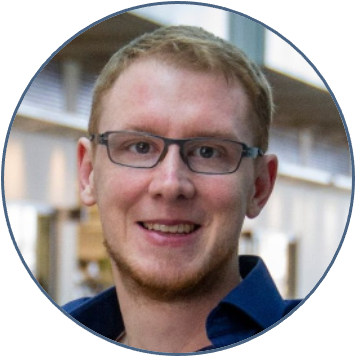
Prof. Ben Schumann, Imperial College London (UK)
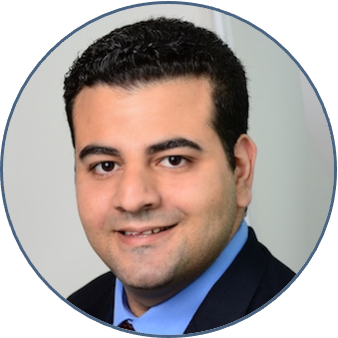
Ahmed Mahmoud, Chemspeed
Ahmed Mahmoud is a chemical engineer and material scientist by training with extensive experience in laboratory automation. He did his masters in 2014 the elite program of advanced materials and processes (MAP) and his research in the Max-Planck institute (MPI) for the science of light investigating the synthesis and application of gold and silver photonic nanostructures. He then did his PhD research at the University of Erlangen-Nürnberg in the institute of particle technology and worked on developing automation systems and high throughput synthesis and experimentation for advanced opto-electronic materials such as quantum dots and perovskites for display and solar cell applications. Ahmed worked afterwards in 2019 at Clariant GmbH in Frankfurt in the R&D sector, group technology and innovation (GTI) in the high throughput experimentation laboratory as an automation scientist working with a variety of robotic systems and platforms serving diverse business units within the corporation. He currently works as a workflow architect in the business unit material science and life science designing and translating workflows for different companies and organizations across the globe to automated solutions at Chemspeed Technologies, Füllinsdorf.

Prof. Anna Mapp, University of Michigan (USA)
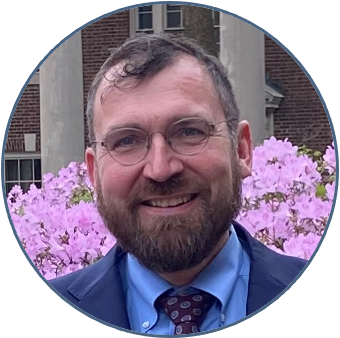
Prof. Dirk Trauner, University of Pennsylvania (USA)

Dr. Jingwen Shi, Member of the Board of Directors, Space Pharmaceuticals AG (Switzerland and China)
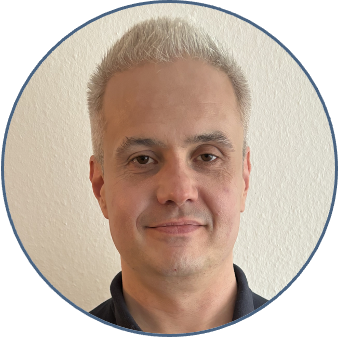
Dr. Sacha Javor, CTO of Space Pharmaceuticals AG and GDBspace AG
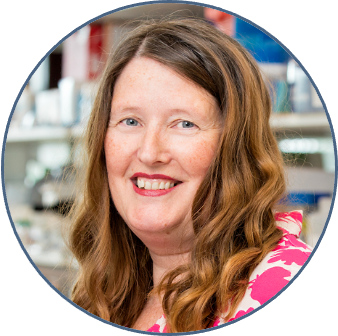
Dr. Olivia Rossanese, Director Cancer Therapeutics Unit, Institute of Cancer Research, London